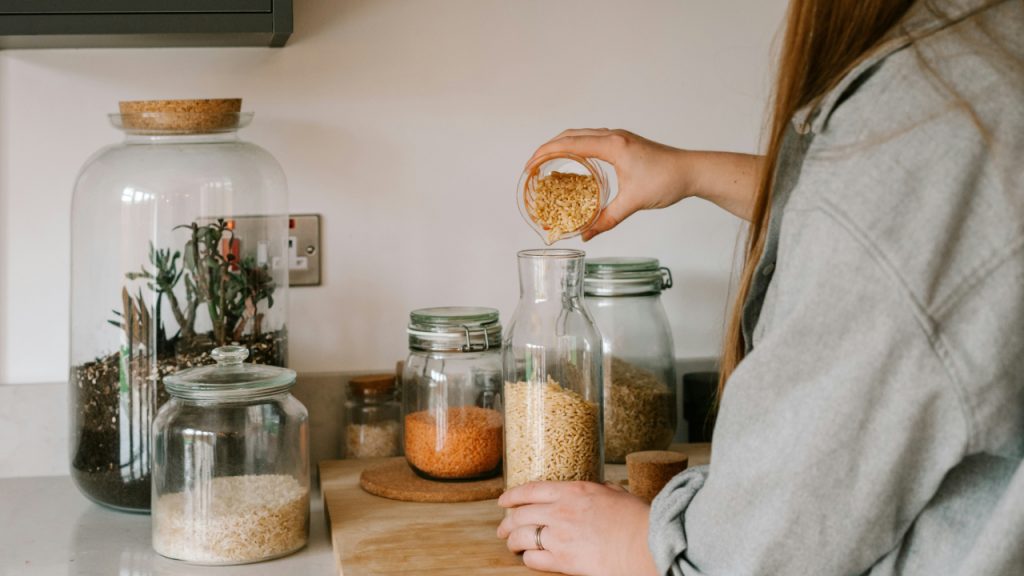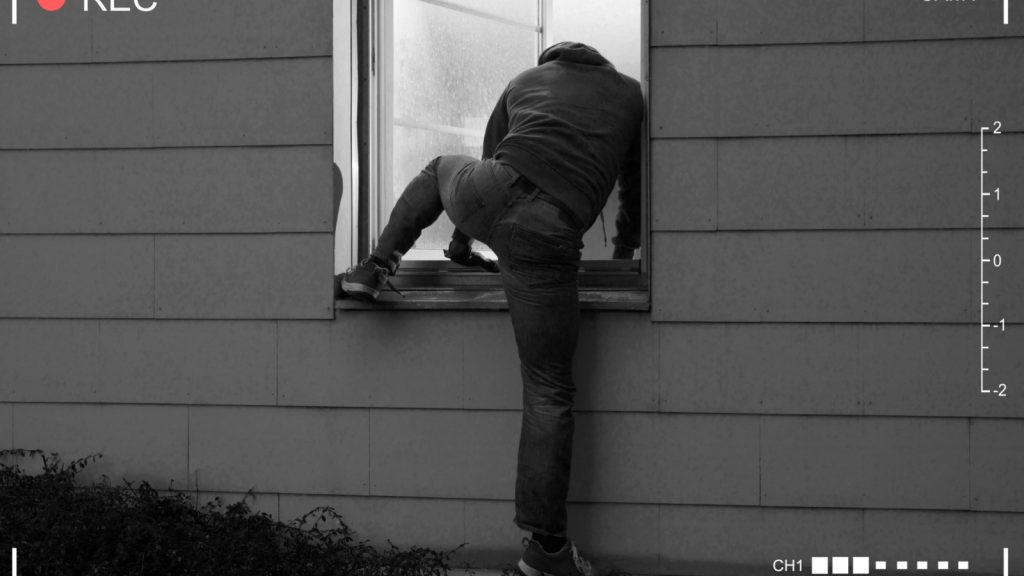Prepping has a reputation for being expensive—think high-end gear, freeze-dried meals by the pallet, and underground bunkers with air filtration systems. But the truth is, you don’t need a lot of money to get prepared. In fact, some of the most resourceful, resilient people I know are those who’ve learned to prep on a shoestring budget.
If you’ve ever felt like prepping is out of reach because your wallet’s a little thin, let me tell you: readiness doesn’t start with cash. It starts with mindset. And with a little creativity, you can build a strong foundation no matter what your bank account says.
Here’s what prepping really looks like when you’re broke but still determined to be ready.
Start With What You Already Have
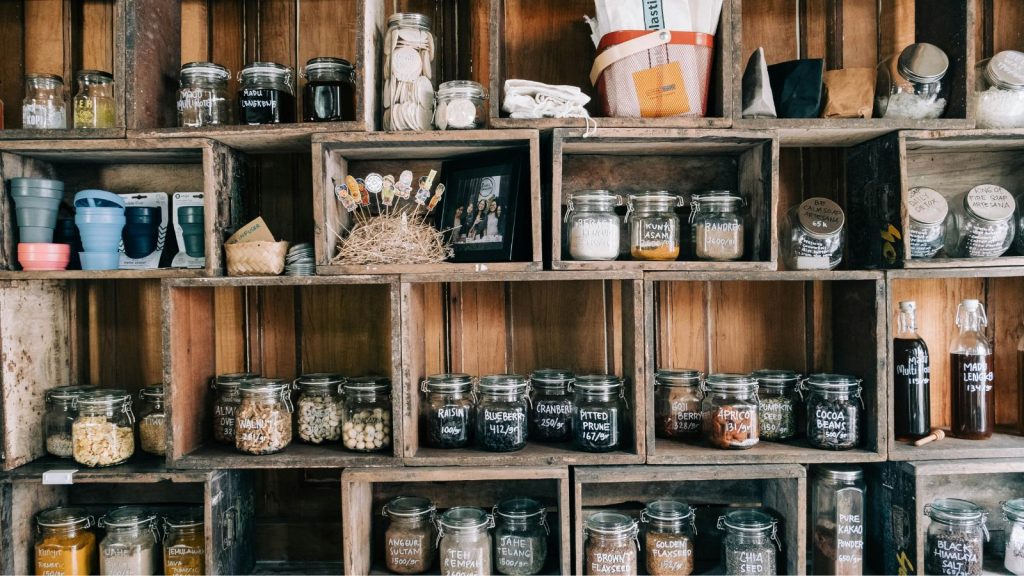
Before you buy anything, take inventory. You might be more prepared than you think. Go through your cabinets, closets, car, and garage. Look for:
- Extra canned goods
- First aid supplies
- Blankets, tarps, or old clothes that could be repurposed
- Tools, flashlights, and batteries
- Buckets, jars, or containers you can reuse
This step isn’t just about gathering gear—it’s about recognizing your own resourcefulness. Prepping starts with seeing everything you own as a potential tool.
Focus on Skills, Not Stuff
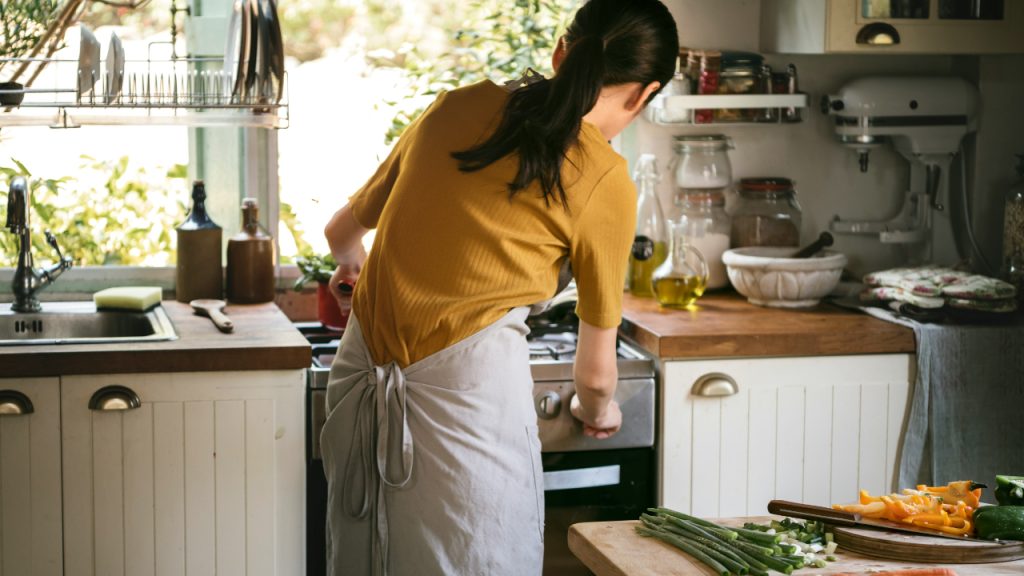
You can lose gear. You can’t lose knowledge.
When money is tight, learning becomes your most powerful prep. Best part? It’s usually free.
Start with skills like:
- Cooking from scratch
- Building a fire without lighter fluid
- Purifying water
- Sewing and mending clothes
- Basic first aid
- Gardening and seed saving
YouTube, your local library, and free PDFs from agricultural extensions or survival sites are treasure troves. Invest your time now so that when things go sideways, you’ll know how to make do.
Shop Smarter, Not Bigger

Forget the bulk store hauls—think thrift stores, dollar shops, and pantry sales. Here are a few budget-savvy strategies:
- Buy a little extra when you can. A second can of beans today is better than no food tomorrow.
- Set a $5 rule. Each week, spend $5 on prep: rice, candles, water jugs, or even seeds.
- Hit up local yard sales. You’d be shocked how often people get rid of camping gear, mason jars, or old tools for pennies.
- Check Facebook Marketplace or Freecycle. Many folks are just looking to declutter—you’re looking to survive.
Build a Budget Pantry Slowly
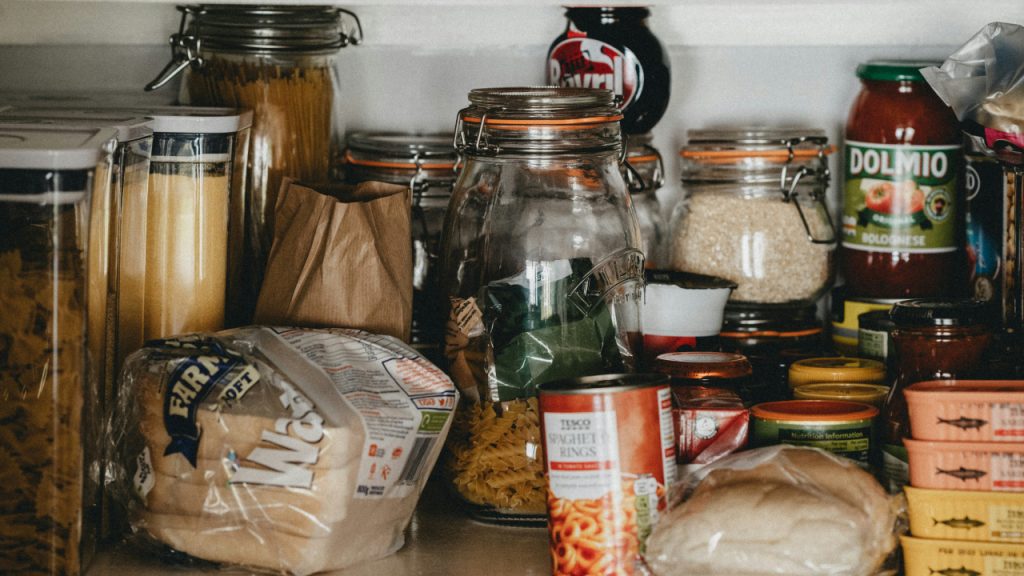
You don’t need a year’s worth of food overnight. Start small with long-lasting staples:
- White rice
- Dried beans or lentils
- Pasta
- Oats
- Peanut butter
- Canned vegetables, meats, and soups
- Salt, sugar, and oil
These basics are cheap, last a long time, and form the backbone of any meal. Focus on what you’ll actually eat and rotate what you store.
Bonus tip: Learn to make bread from scratch. A few pounds of flour and some yeast go a long way—and make you feel wildly capable.
Get Creative With Storage
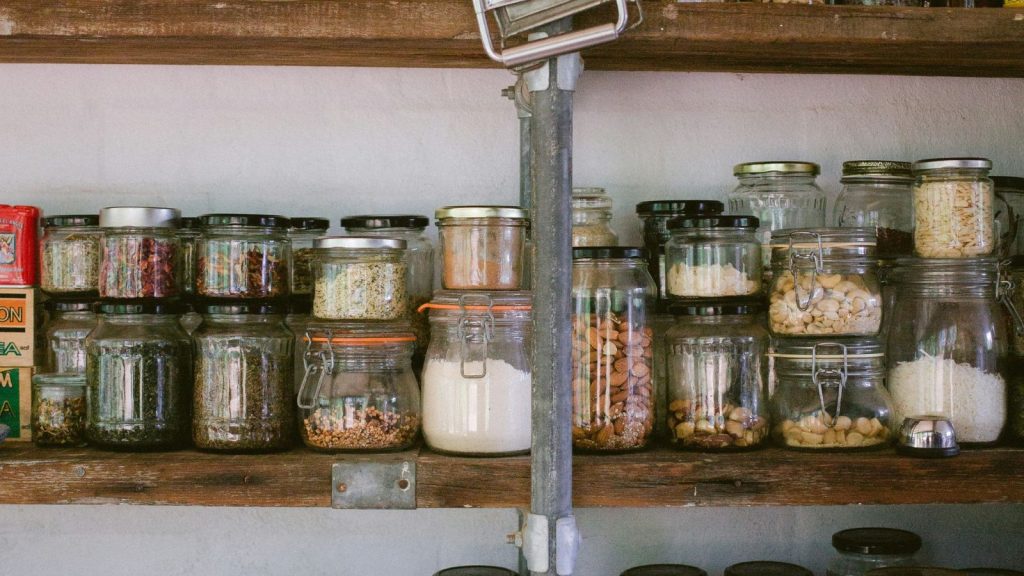
Don’t have a basement? No problem. Use what you’ve got.
- Slide bins under your bed.
- Stack canned goods in closets or behind books.
- Use empty 2-liter bottles for water storage.
- Tuck candles and matches in kitchen drawers.
Prepping doesn’t have to be aesthetic. It just needs to work.
Think Local and Low-Tech

When you can’t afford fancy solar panels or generators, think local and low-tech:
- Know where your nearest natural water source is.
- Practice cooking over a firepit or rocket stove.
- Make a hand-crank or battery-powered radio a priority.
- Learn who in your neighborhood knows how to fix things, grow things, or help in an emergency.
Community is a prep too. And often free.
Don’t Let Fear Steal Your Focus

It’s easy to get overwhelmed, especially when you see doomsday headlines or gear reviews that cost more than your rent. But prepping on a budget isn’t about panic—it’s about peace of mind.
Start where you are. Use what you have. Do what you can.
You’re not falling behind. You’re getting smart with what you’ve got. And that’s exactly what prepping is supposed to be about.
Survival Isn’t for Sale

Being prepared isn’t about how much you’ve spent. It’s about how well you’ve planned. If you’ve ever made a meal out of scraps, fixed something with duct tape and hope, or stretched a paycheck until it squeaked, you’re already more of a prepper than you think.
So go ahead. Stock that pantry a little at a time. Learn something new this week. Tuck an extra lighter in your coat pocket. These small steps? They add up.
And when the time comes, you’ll be ready; not because you had the fanciest gear, but because you had the grit to prepare anyway.
